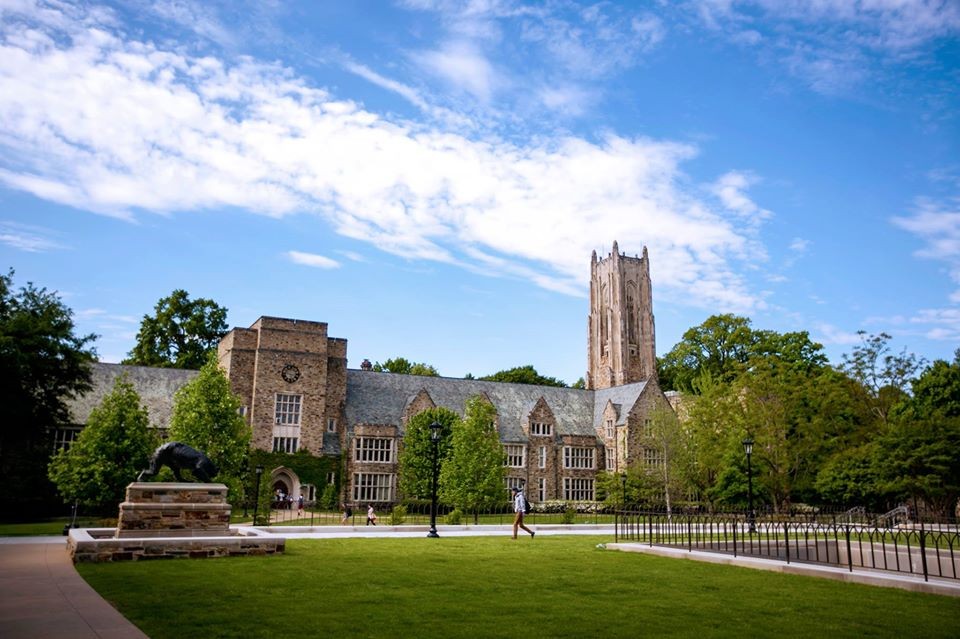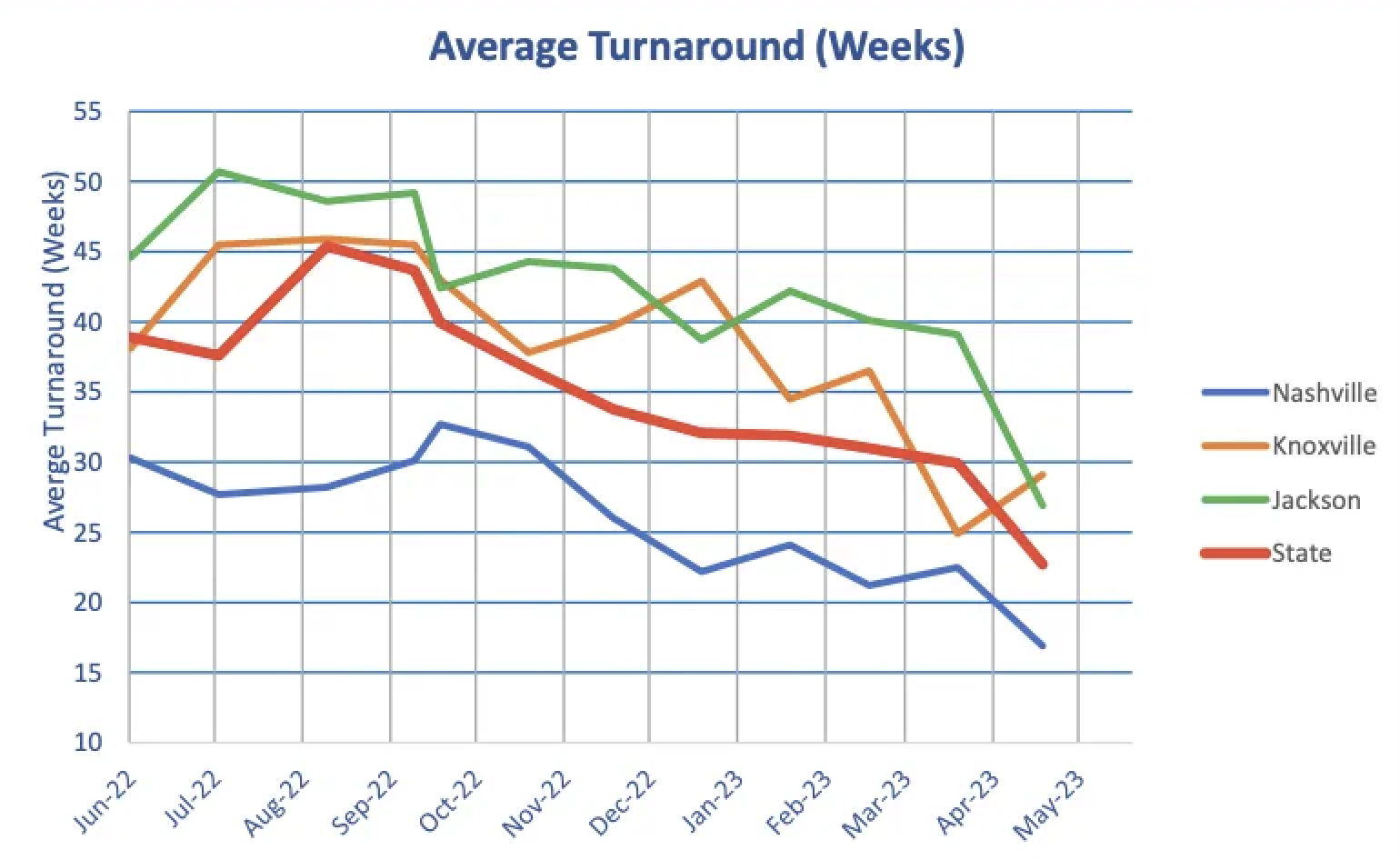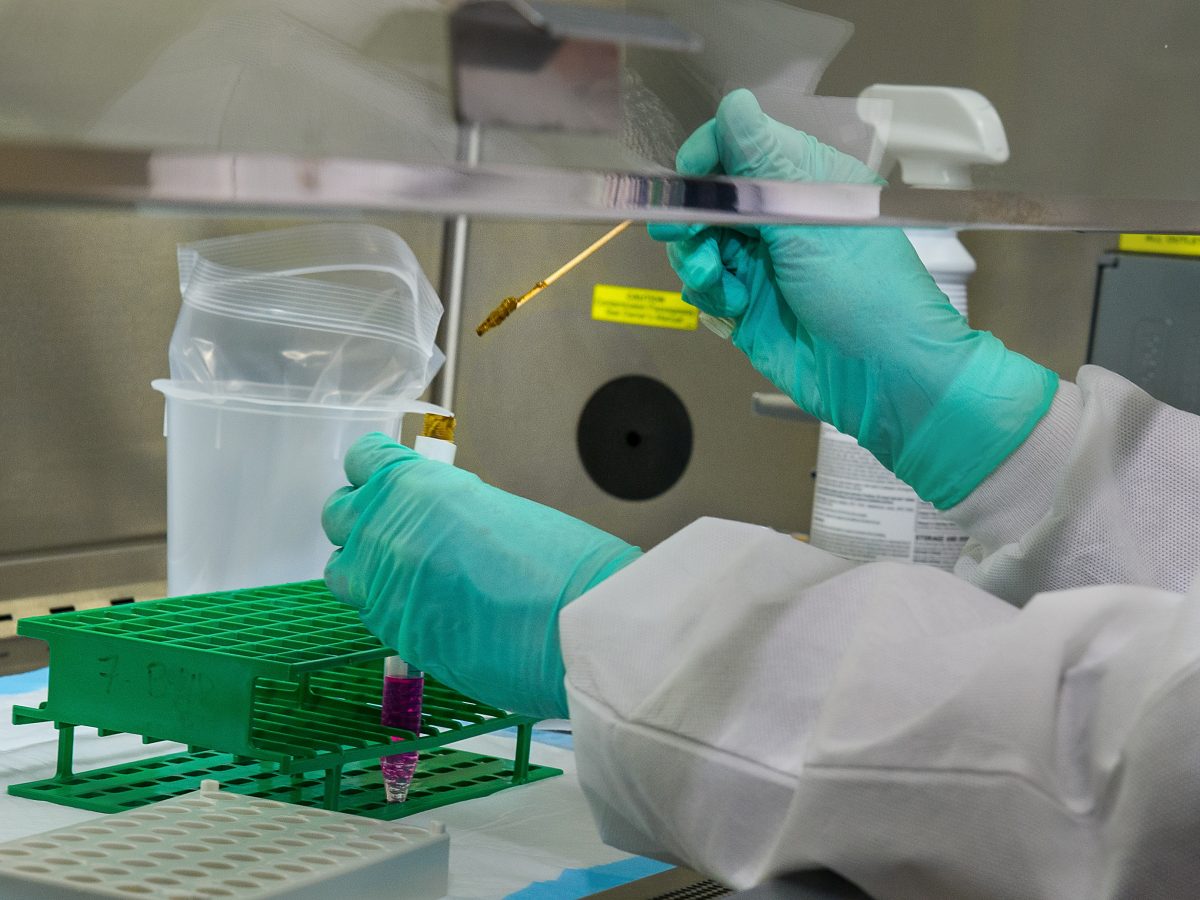 Facebook/Rhodes
Facebook/Rhodes
A Rhodes College student group is rallying behind a recent graduate who went public last week, expressing her disappointment over the way the college handled an allegation of sexual assault she made last school year.
Culture of Consent is planning a rally for Tuesday, November 19th to protest the college’s response to the allegations, saying the school tried to buy the silence of the alleged victim, Emily [last name withheld], a 2019 graduate of Rhodes.
“Intentional manipulation of survivors within Rhodes Title IX Office and other offices across the country happens too often,” the group said in a press release, “Culture of Consent has heard story after story like this, and it’s time to say no more. Emily has asked us to make her story known so that others don’t have to go through this.”
In a letter addressed to Rhodes College president Marjorie Hass and posted online, Emily said she is writing the letter to “say how disappointed I am in my alma mater for how severely it mishandled my sexual assault case.”
The six-page letter dated November 15th details many “glaring issues” the former student noticed in the school’s process of handling her case.
Emily was raped in February, according to her letter. “My assailant, John Doe, was a friend.” Emily reported the incident a month later to Rhodes’ Title IX office after learning that the same assailant had assaulted another female student at a Valentine’s Day event.
[pullquote-3]
Emily said working with the Title IX office was “tedious.” She also noted that many of her communications “were disregarded, not answered properly, or entirely dismissed.”
“I was left in the dark for the entirety of my process because there was no one in the administration who was checking in with me to ensure that I was being treated with respect,” Emily said.
The former student said she was not given a hearing date until 124 days after she first reported the assault. Then, a day before the hearing was scheduled to take place, Emily received a call from the Title IX office saying that a settlement had been reached in a related lawsuit filed by the student accused of assaulting Emily.
“As you know, your hearing ultimately did not go forward because the parallel lawsuit was resolved with the respondent not being enrolled at Rhodes now or in the future, which is comparable to the maximum sanction of expulsion that he could have received as a result of your hearing,” reads a portion of an email sent to Emily by Title IX coordinator Tiffany Cox.
The Title IX office offered to reimburse Emily for expenses related to the hearing that didn’t occur. After the student sent an itemized expense list to the school, totaling just under $3,000, she was told she would have to sign a confidentiality agreement in order to receive reimbursement.
“Rhodes offers reimburse you for your expenses,” Cox wrote in the same email cited above, “in exchange for your agreement to maintain confidentiality: We ask that you agree not to disclose any aspect of Rhodes’ investigation and administration of your Title IX claim, and particularly this letter and its proposed payment arrangement, either privately or in any public forum.”
“I had now been victimized by John Doe and Rhodes,” Emily wrote. “My well-being, like that of other student victims, was secondary to the reputation of the school.”
[pullquote-2]
Earlier this month, Rhodes received a $300,000 grant from the U.S. Department of Justice to enhance its prevention of and response to sexual assault, domestic violence, dating violence, and stalking on campus.
The college will use the funds to create the Coordinated Community Response Team to enhance the school’s response, prevention, and education related to the four crimes above, as well as implement mandatory training and education sessions for students and faculty. The trainings will largely focus on students who live on campus, belong to Greek organizations, or are student-athletes.
Emily said that “sounds wonderful, but I believe how these activities are executed is what will really change the Rhodes College campus for the better.”
Rhodes needs to make their sexual assault policies and procedures better known to students, Emily said. Students should also learn about the meaning of affirmative consent, the definitions of all forms of sexual assault, and the different types of incapacitation.
Emily said she hopes the federal grant will yield “positive changes” at Rhodes, but “unfortunately, my love for my school has been damaged beyond repair.”
“I would be open to having a conversation with the administration, working on program plans, or even coming back for a panel to help current students better understand sexual assault,” Emily concludes the letter. “I truly believe Rhodes College has the potential to improve its Title IX office, but great strides need to be made.”
[pullquote-3]
Shortly after Emily’s letter went public, Hass responded in an email to the campus community. Hass said it is always the college’s goal to treat students with the “utmost compassion and care throughout the Title IX process.”
 Rhodes College
Rhodes College
Marjorie Hass
“Our graduate wrote of her alienation and bitter disappointment after we asked for her confidentiality,” Hass continued. “While that was not our intent, it is also not an excuse. We are committed to protecting the privacy of students, survivors, and witnesses, but we fail our students when we value silence over their ability to share their experience.”
Hass said the college is committed to “upholding a fair Title IX process,” and that the $300,000 federal grant will help the school do a better job of preventing sexual assaults, as well as supporting students who are victims of sexual assault and other related crimes.
“I have heard your voices speaking out today about the necessity of improving our culture of consent at Rhodes, and I will continue to work together with all of you on this,” Hass continued. “We need to work toward a culture where these horrible incidents don’t occur.”
#youprobablyknowthem
Culture of Consent launched a campaign to honor Emily and other survivors with the hashtag #youprobablyknowthem.
“We’re doing this for those who don’t report their assaults out of fear that this may happen to them,” the group wrote. “The reality is that most survivors who have gone through the Title IX process have probably had experiences like Emily.
The campaign includes:
• Banner drops around Rhodes College’s campus on November 16th
• Breaking the Silence, a protest via march and demonstration on November 19th
• Fundraising campaign for survivor, Emily, via GoFundMe which launched November 16th
• Week-long flag display in a public quad showing the prevalence of sexual violence
• Flagging the Problem, a flag ceremony and opportunity to learn about the resources available to survivors and allies, on December 2nd
Abbey Bako, president of Culture of Consent said the group’s primary goal of the campaign is to increase accountability on the Rhodes campus.
“Policies and procedures only work as well as the people implementing them allow,” Bako said. “So how do we increase accountability within such a closed system? That’s what we want to figure out.”
Bako said the Breaking the Silence rally, scheduled for Tuesday at 6:00 p.m., will be an opportunity to channel “productive anger.” It will be a space for students to express their feelings about how the administration handles sexual violence on campus. It will also be a space to figure out how to move forward “as a student body to prevent this from ever happening again.”
The Rhodes Student Government (RSG) also weighed in on the issue, saying that the group “stands discontent with the conduct of Title IX” regarding its handling of Emily’s case.
“We as a school and a community should support survivors and encourage them to come forward not silence them,” the group said in a Facebook post. “We stand with Emily. RSG intends to work toward a better, more comprehensive Title IX education for students and for better resources for survivors on campus. “
According to Rhodes’ 2019 Security and Fire Safety Report, the total number of sexual offenses on campus saw a dramatic decrease between 2016 and 2018. There were a total of 19 reported sexual offenses on campus in 2016. In 2017, that number dropped to four, and then rose to nine last year.




 Facebook/Rhodes
Facebook/Rhodes  Rhodes College
Rhodes College  Facebook/Rhodes College
Facebook/Rhodes College